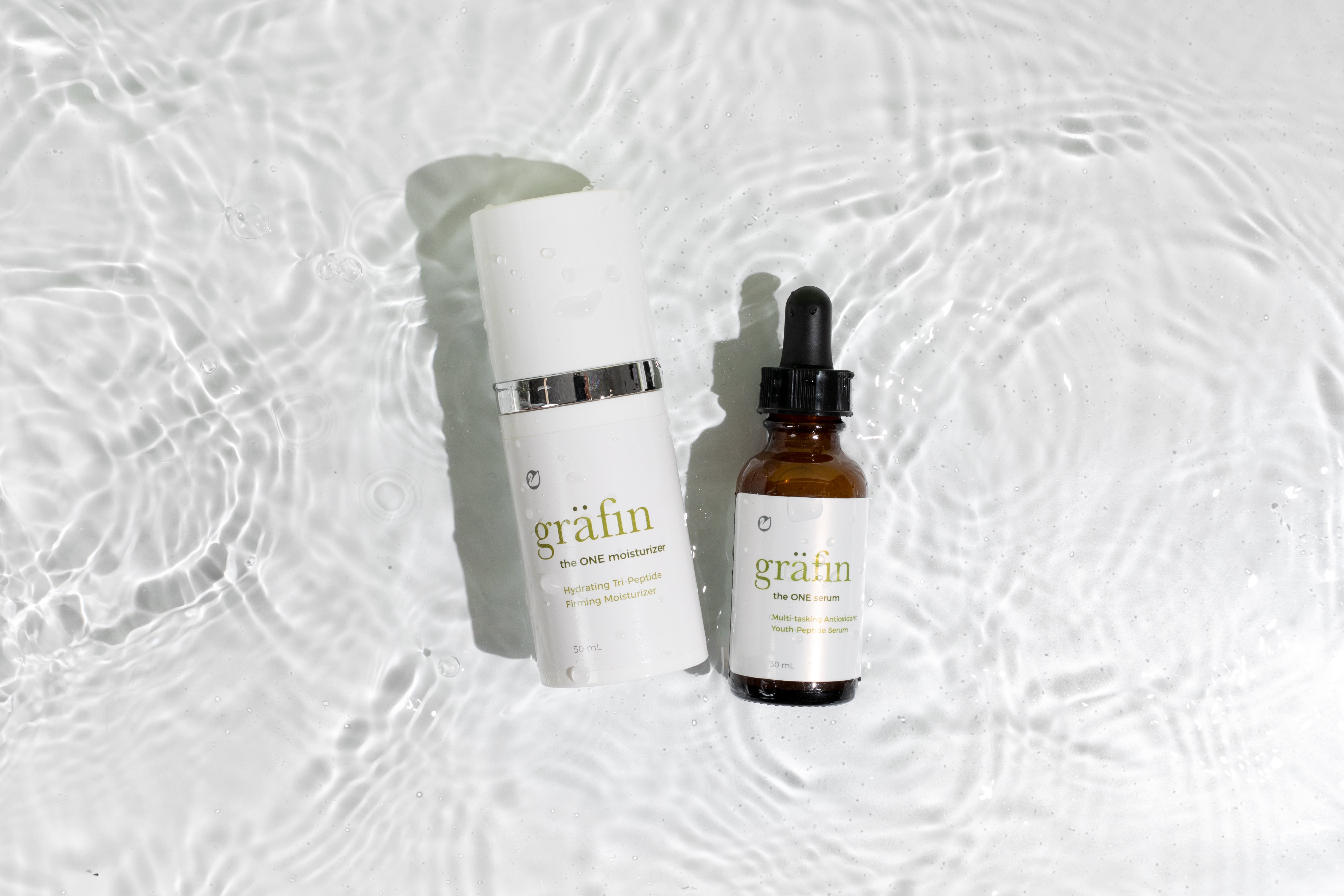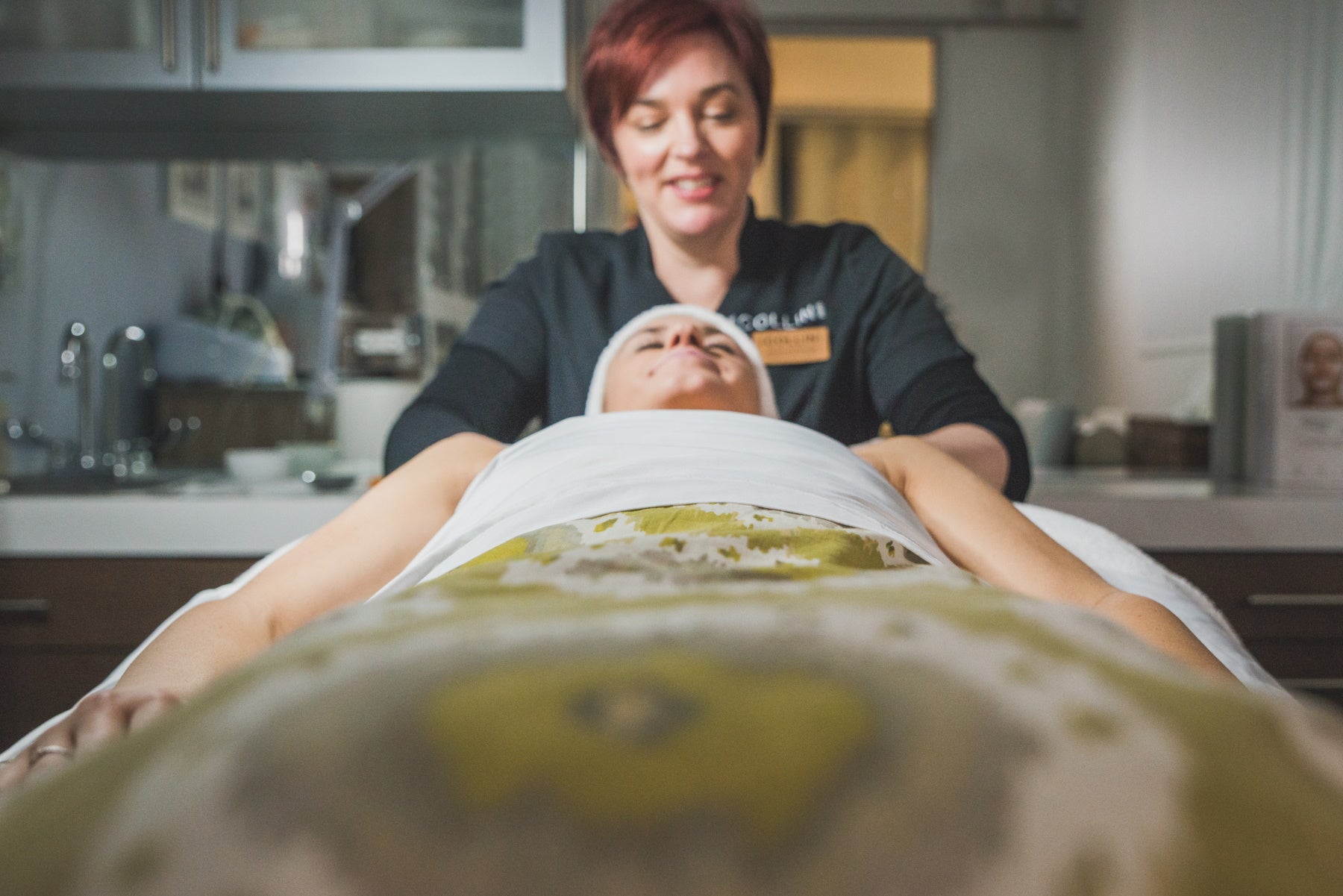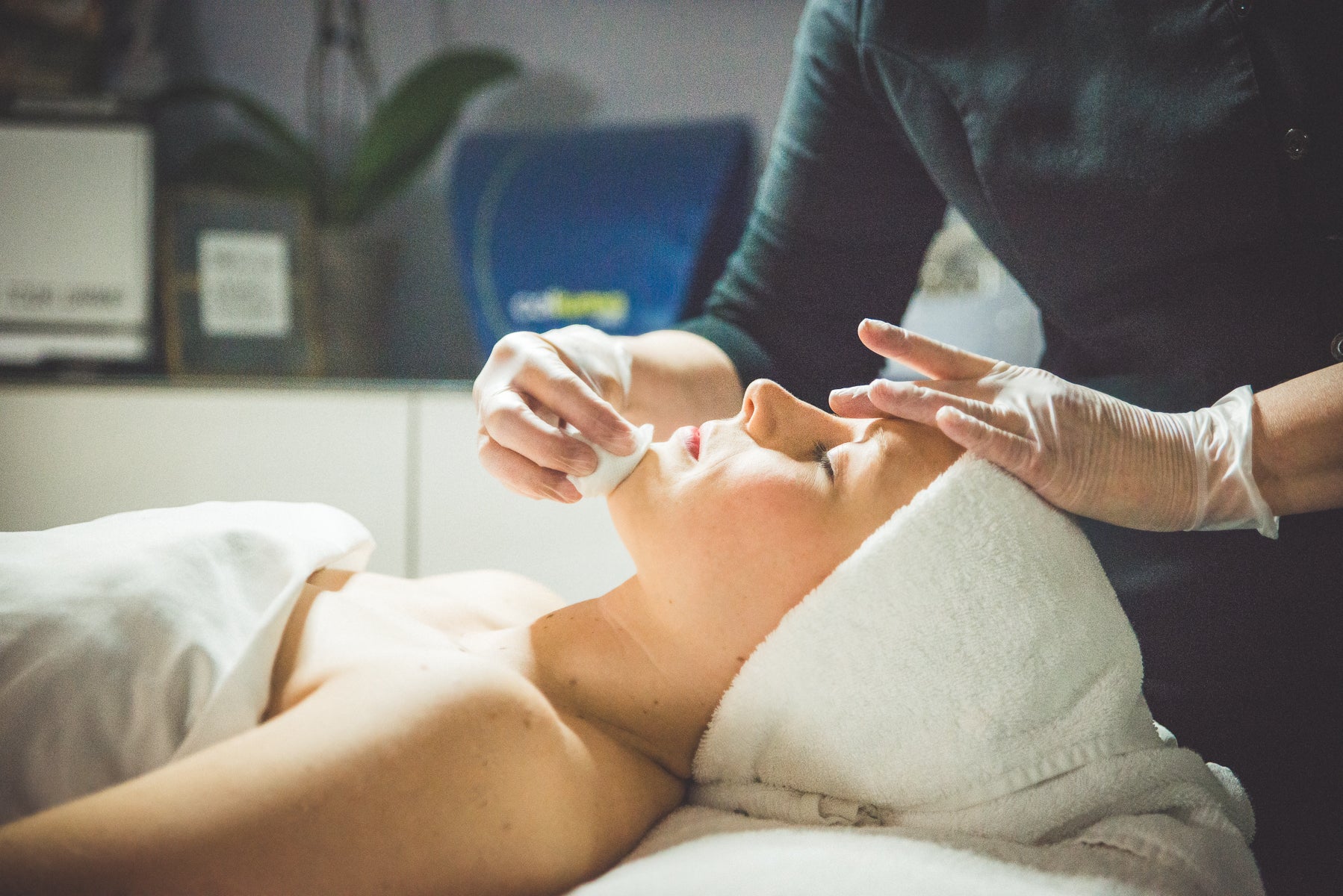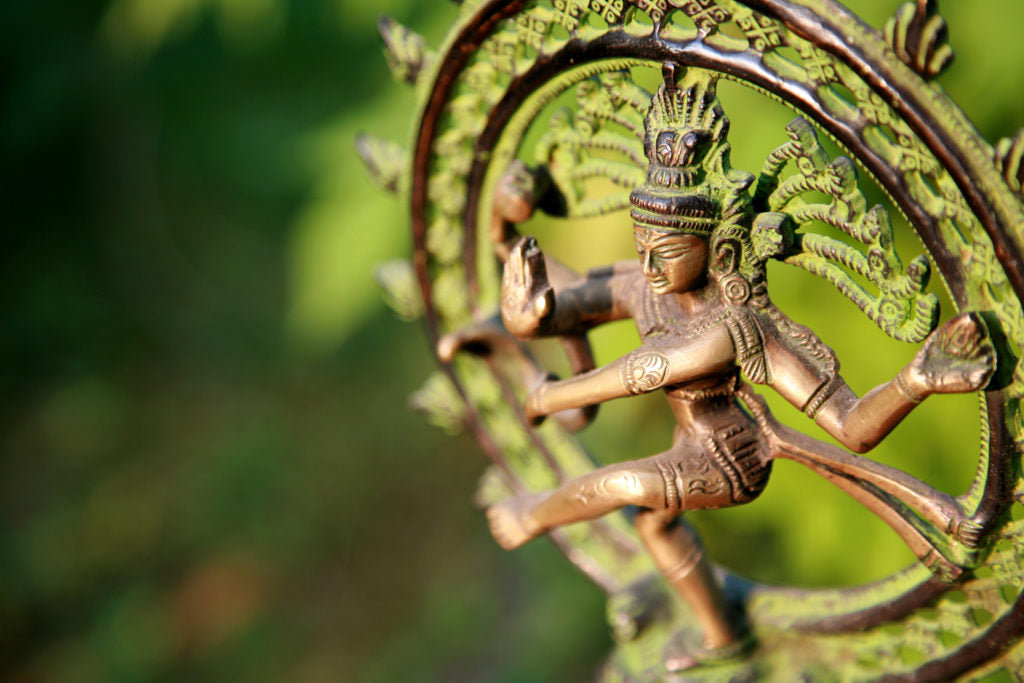Dry Skin vs. Dehydrated Skin
It's amazing how many people I have to talk to about dehydration and their skin when they come to the clinic. We know that we are made up of more than 50% water and dehydration can affect every function of our bodies, but we forget that it can change our largest organ, the skin. So many of you are feeling the adverse changes that happen to healthy skin when you are experiencing dehydration. Some of these changes are tightness (often described to me as dryness), flakiness, redness, and sensitivity.
Why is it so hard to tell if your skin is dry or if it is just dehydrated?
Dry skin is due to a lack of lipids in the skin.
What's a lipid? Well, honestly it's a fat. Very similar to a car's engine needing oil to keep its parts lubricated, so does your skin. These fats are not the same type that we complain about when we are trying on swimsuits. This oil is mostly what we call sebum; a mix of triglycerides, fatty acids, wax esters and squalene found in all mammals.
Sebum (oil) is produced by the sebaceous glands. which are on all parts of the body, except on the palms or soles of feet. Sebum is what makes us waterproof but it can also bind dead skin and debris to the pore, making overly oily skin more prone to blemishes. That's too much oil, but what happens if you don't produce enough sebum? Dry skin.
Dry skin is characterized by flaky skin which often has an itchy sensation and can be quite sensitive. Due to the lack of oil in this type of skin, it is also generally coupled with dehydration (lack of water in the outer layers of the skin) making it particularly uncomfortable to live in.
Dry skin isn't something you can create, it's something you are born with. If you feel your skin goes back and forth between being dry and oily, you aren't actually dry, your skin is dehydrated. The reason for all the confusion is both oily and dehydrated skin can be flaky, itchy, sensitive, and tight feeling without much luminosity.
Dehydrated skin is due to a lack of water in the skin.
Just like the inside of our body, our skin needs water in it, and dehydrated skin is almost epidemic in the United states. Dehydrated skin can be caused by lots of factors such as weather, makeup, lifestyle, diet, using the wrong products, acne treatments, medication, the list just keeps on going.
Dehydration can happen to anyone. The issue with dehydration is it can mask the true nature of your skin type. This is because when skin is dehydrated, it can produce an excess of oil to try to lubricate itself. In a state of dehydration, your skin can feel oily and dry at the same time, and it can cause irritation and breakouts. Part of the issue is that the skin is the last organ in the body to receive nutrients, which is why it's so hard to drink enough water to have hydrated skin. The best way to have properly hydrated skin is to drink plenty of water along with properly moisturizing skin with topical products containing humectants
Part of the issue is that the skin is the last organ in the body to receive nutrients, which is why it's so hard to drink enough water to have hydrated skin. The best way to have properly hydrated skin is to drink plenty of water along with properly moisturizing skin with topical products containing humectants during humid months and ceramides in the dry months. I also find when it is particularly arid (think heater running 24/7), it's very helpful to add more humidity to the air by adding a humidifier to the room that you sleep in.






Leave a comment
This site is protected by hCaptcha and the hCaptcha Privacy Policy and Terms of Service apply.